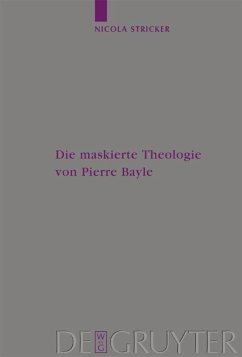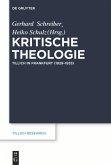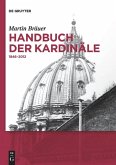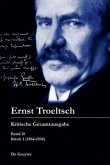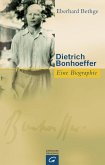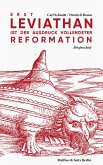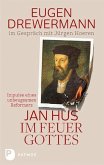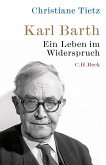Pierre Bayle (1647¿1706) was considered an unbeliever and a skeptic during his own lifetime. However, the work of this Rotterdam philosopher reveals a theologian who saw the retreat of theology from philosophy that had failed at the metaphysical realm as a strength of theology, not a defeat. This basic idea occupies a hitherto unrecognized position in Bayle's work, and it provides the background for this study's exploration of Bayle's theological and ethical thinking.
Pierre Bayle (1647-1706) galt bereits zu Lebzeiten als ungläubiger Skeptiker. Im Werk des Philosophen von Rotterdam verbirgt sich jedoch ein Theologe, der im Rückzug der Theologie von der Philosophie, die auf metaphysischem Gebiet versagte, keine Niederlage, sondern eine Stärke der Theologie sieht. Dieser Grundgedanke nimmt im Werk Bayles eine Stellung ein, die bisher verkannt wurde. Vor diesem Hintergrund entfaltet die vorliegende Studie das theologische und ethische Denken Bayles.
Pierre Bayle (1647-1706) galt bereits zu Lebzeiten als ungläubiger Skeptiker. Im Werk des Philosophen von Rotterdam verbirgt sich jedoch ein Theologe, der im Rückzug der Theologie von der Philosophie, die auf metaphysischem Gebiet versagte, keine Niederlage, sondern eine Stärke der Theologie sieht. Dieser Grundgedanke nimmt im Werk Bayles eine Stellung ein, die bisher verkannt wurde. Vor diesem Hintergrund entfaltet die vorliegende Studie das theologische und ethische Denken Bayles.
